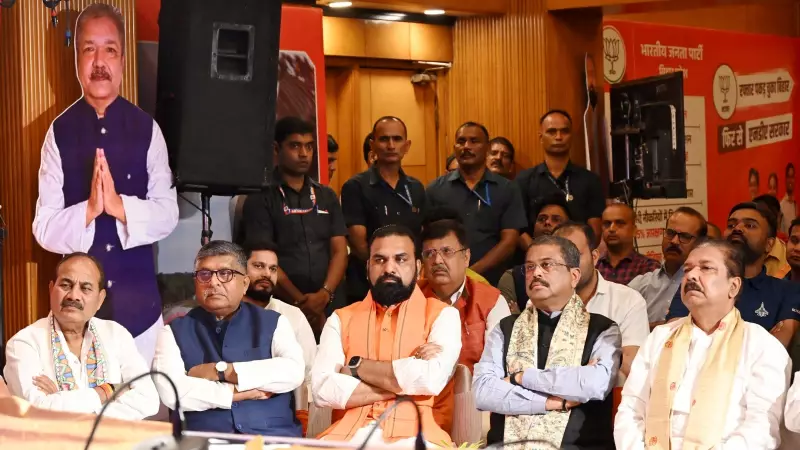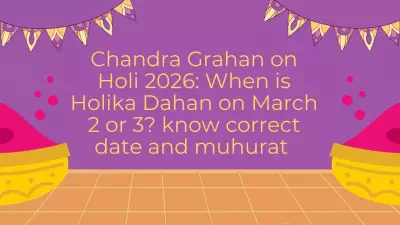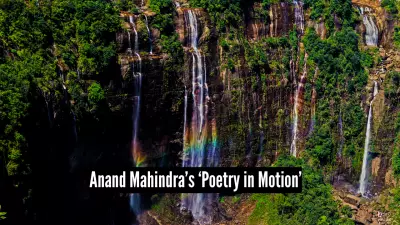
In a profound address that resonated with spiritual and patriotic fervor, Prime Minister Narendra Modi articulated how Vande Mataram represents more than just a national song—it embodies India's immortal consciousness and unifying spirit.
The Eternal Connection to India's Soul
Prime Minister Modi emphasized that Vande Mataram isn't merely a composition of words and music, but a living embodiment of the nation's eternal consciousness. He described how the song has served as a powerful unifying force throughout India's history, connecting diverse communities across the country's vast cultural landscape.
Spiritual Foundation of Nation-Building
The Prime Minister's speech highlighted how the national song forms the spiritual bedrock of India's identity. He articulated that Vande Mataram represents the collective consciousness that has sustained the nation through centuries of challenges and triumphs.
The emotional resonance of Vande Mataram extends beyond political boundaries, touching the very core of what it means to be Indian. PM Modi stressed that the song's power lies in its ability to evoke deep patriotic sentiments while celebrating India's rich cultural diversity.
Historical Significance and Contemporary Relevance
During his address, the Prime Minister connected the historical importance of Vande Mataram with its contemporary significance. He noted how the song continues to inspire new generations, serving as a reminder of India's enduring values and civilizational continuity.
The national song, according to PM Modi, represents the unbreakable thread that connects India's glorious past with its dynamic present and promising future. It stands as a testament to the nation's resilience and eternal spirit.
Unifying Power in Modern India
Prime Minister Modi particularly emphasized how Vande Mataram serves as a unifying force in today's diverse India. The song transcends regional, linguistic, and cultural differences, creating a shared identity that strengthens national unity.
The Prime Minister's reflections on Vande Mataram come at a significant time when the nation is celebrating its cultural heritage while marching toward becoming a developed country. His words underscored how traditional values and modern aspirations can coexist harmoniously.
This powerful interpretation of Vande Mataram as representing India's immortal consciousness provides fresh perspective on how national symbols continue to shape the country's identity and collective purpose in the 21st century.





